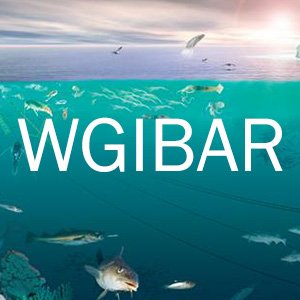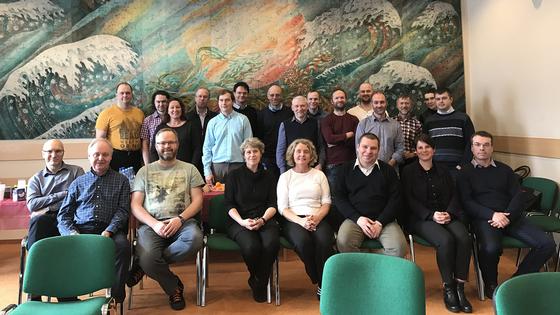Project: ICES Working Group on the Integrated Assessments of the Barents Sea (WGIBAR)

| Period | 10. november 2017 - |
|---|
WGIBAR's aim is to summarize and analyze up-to-date knowledge on the state of the Barents Sea ecosystem. Furthermore, the group will assist adaptive management by promoting input to monitoring strategies and advice as part of holistic Barents Sea management.
The Barents Sea is a 1.6 million km2 high-latitude shelf sea that borders the Polar Basin to the north, the Norwegian Sea basin to the west, and the coasts of Norway and Russia to the south and east respectively. It sustains some of the largest fisheries in the North Atlantic, with the eponymous cod stock being the world's largest.
After a period of overfishing in the 1980s, fish stocks there are now harvested sustainably. Other than fishing, development of oil and gas exploration and exploitation in the area is imminent. This strong human presence places great demands on both monitoring and the capacity for science-based advice.
Considering these changes in terms of management will be an ongoing and efficient process in which WGIBAR aims to play an important role. Climate change and current reduction of ice cover in the northern Arctic region is leading to rapid changes in the Barents Sea ecosystem.
History and development of WGIBAR
The WGIBAR group was established in 2013. The group should be working with updating of ecosystem overview and combine this with long-term species trends and long-term trends in drivers of ecosystem change such as climate, oceanography, and fishing pressure.
Understanding is of course not uniform across ecosystems and therefore critical processes are better understood in some areas. For this reason, the development of regional overviews ensures that local management objectives can be addressed.
Ecosystem overview and WGIBAR highlight ICES capacity to provide integrated advice, which is expected to meet the future needs of advice on the environmental status of the marine ecosystem.
Co-chairs:
1. Period (2013-2015): Yury Kovaljev (PINRO, Russia) and Edda Johannesen (IMR, Norway)
2. Period (2016-2018): Elena Eriksen (IMR, Norway) and Anatoly Filin (PINRO, Russia)
3. Period (2019- ): Elena Eriksen (IMR, Norway) and Anatoly Filin (PINRO, Russia)

Published: 05.09.2019 Updated: 15.09.2020
